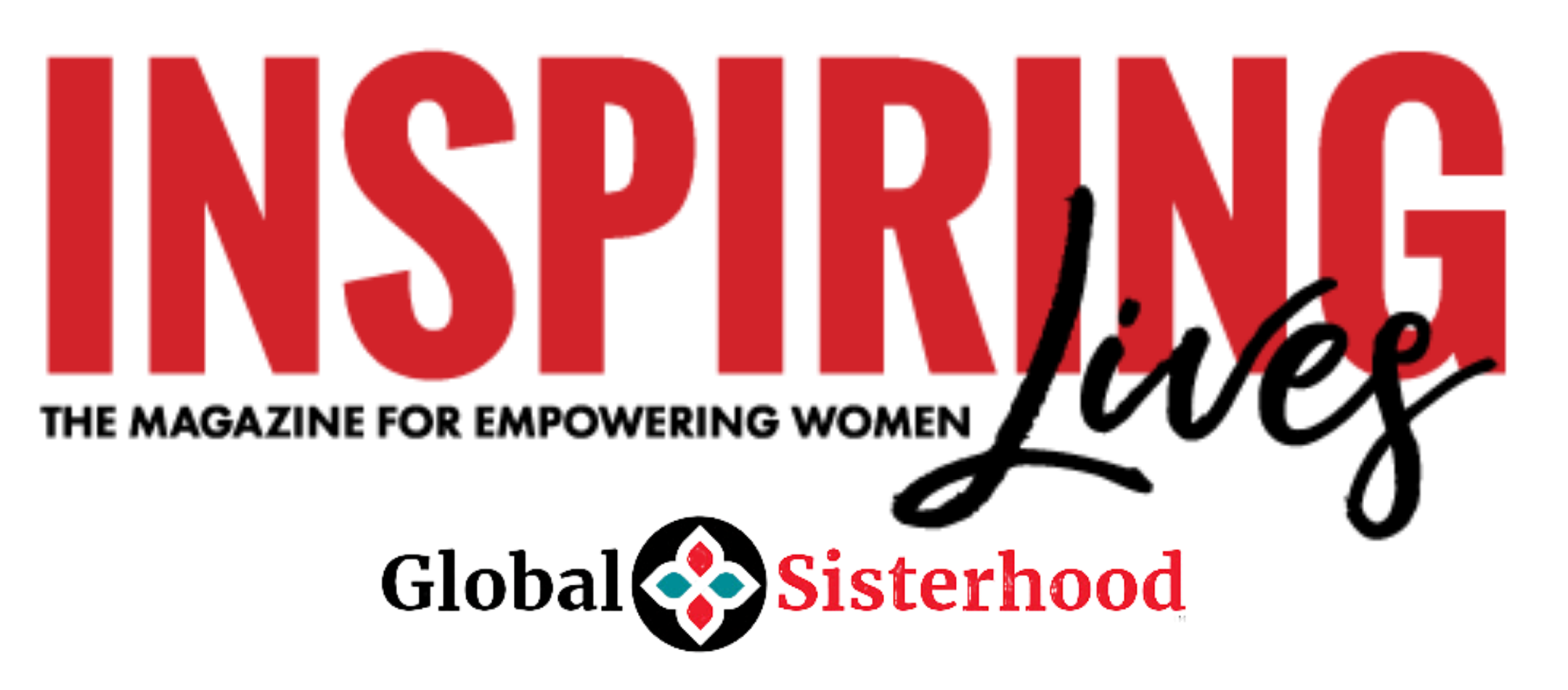by Vanessa S. Dodds
Many businesses were on course to have a great first quarter for 2020 with a strong pipeline of opportunities for the year. Despite it being an election year (which often creates economic ebbs and flows in the latter half of the year), our country’s businesses began 2020 with positive financial forecasting and a mostly optimistic outlook.
Optimistic planning transitioned into concern as rumors about the severity of the coronavirus (COVID-19) spread in January. Organizations dependent on international relations increased their monitoring across China and Europe. By late January, COVID-19 reached the United States with its first case in Washington.
International travel bans and limitations on direct international dealings in February increased the concern business owners were experiencing. Death tolls were rising overseas. Citizens who were traveling abroad were told to come home. The United States began feeling the effects of the first international health pandemic since 2009’s H1N1.
Business operations came to a screeching halt in the middle of March as states issued shelter-in-place orders. On March 13, the federal government declared a national emergency. Everyone was reeling in disbelief and confused by the unclear messages from the media and the government. Business owners had to make hard decisions regarding operations and staffing while realigning operating capital and allocations. Essential personnel sprang into action to ensure the safety of our population and to provide care for those suffering from COVID-19. Business leaders enacted contingency plans for operations, but that did not eliminate the tough decisions which needed to be made. They still needed to figure out how to:
- Stay in business
- Pivot to digital operations or essential operations
- Draw down capital or obtain working capital to stay afloat
- Protect employees
- Continue to operate and provide for clients
- Prevent the elimination of the entire organizational team
- Pay for operational obligations
- Avoid bankruptcy or closure
Everyone’s lives were upended. Executives and business owners had to readjust their fiscal outlook for 2020 while making the difficult decisions around reducing staff with lay-offs or furloughs. Nonessential organizational teams shifted to remote work or coped with unemployment, and essential teams quickly adjusted to split shifts and longer working hours. Unemployment rates hit an all-time high. In addition to the pandemic, people are facing hunger and unpaid bills. We’re fighting for our lives.
Executives are left wading through the uncertainty of applying for federal support and stimulus money. Many are also advising former employees on how to navigate the newly amended unemployment parameters. A collection of missteps and an overall lack of guidance have led to business owners, executives, solo entrepreneurs, and the unemployed to feeling extreme frustration and anger. Executives are experiencing guilt over having to let go of the people they once trusted and depended upon, but there doesn’t seem to be an alternative considering there is no determined end-date, treatment, or vaccine.
There is an underlying glimmer of hope beneath the stages of grief we are all experiencing personally and professionally. We are a collection of resilient people, innovators, and creatives. Communities have come together to support and feed neighbors, educate the students whose schools have closed, appreciate and support local businesses, and celebrate each other. Manufacturers, distilleries, and creatives switched to producing essential and life-saving products. Businesses and executives have developed a sustainable lifeline with ingenuity and responsiveness.
So how do business owners, executives, and all people emerge from the ashes of devastation? To thrive again, we must:
- Learn
- Practice fiscal responsibility
- Prepare for the unknown and unexpected
- Understand the need for fluidity
- Put systems and processes in place to pivot
- Educate and reinvent ourselves
- Champion the power of creativity
- Value communication and listening
- Trust in others for ideas
- Lead and live with humility
As quickly as we became shrouded by devastation, evidence of new beginnings is starting to emerge. We must all pause and reflect on the lessons we can learn professionally and personally from everything we’ve been through. Slow down and appreciate that which you still have. Recognize that a plan is only a starting point. Revel in the now. Think before acting. Our society depends on everyone’s ability to redirect for tomorrow.





































